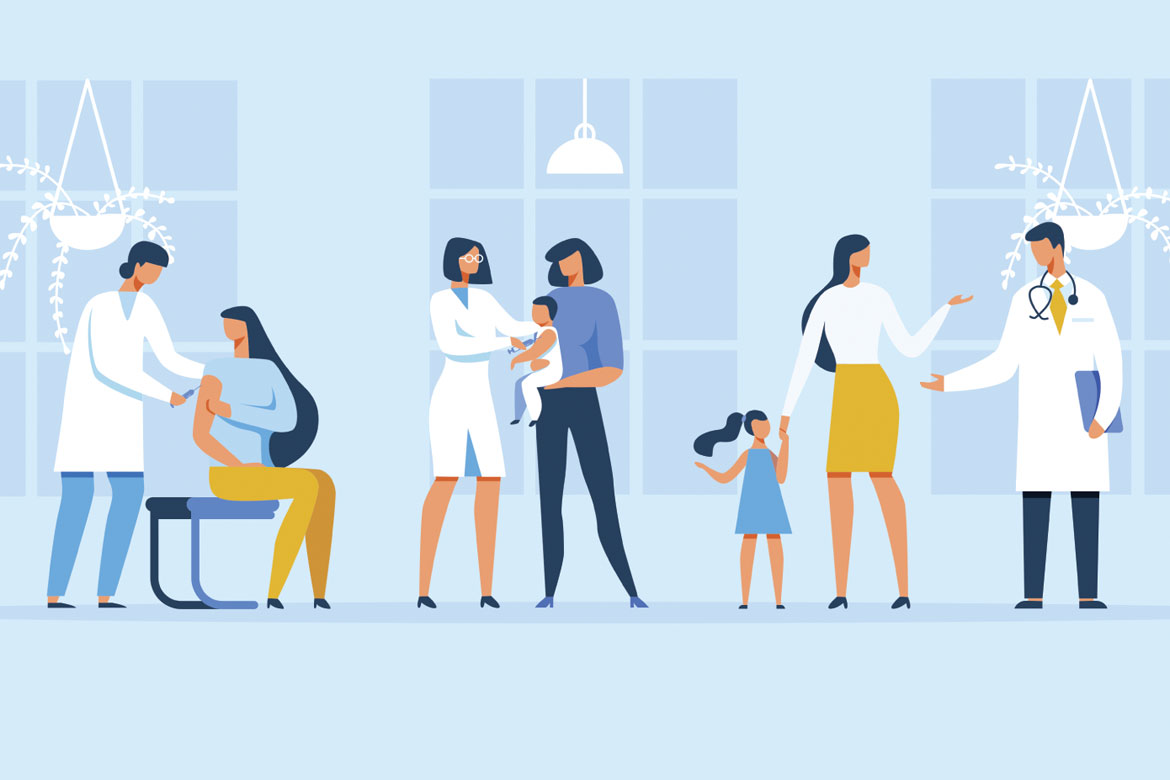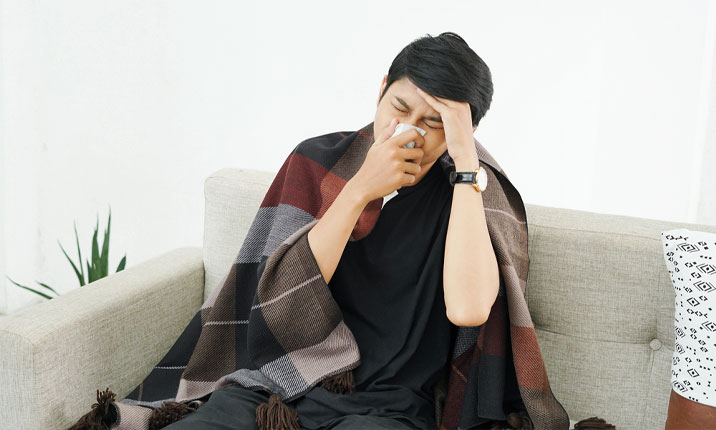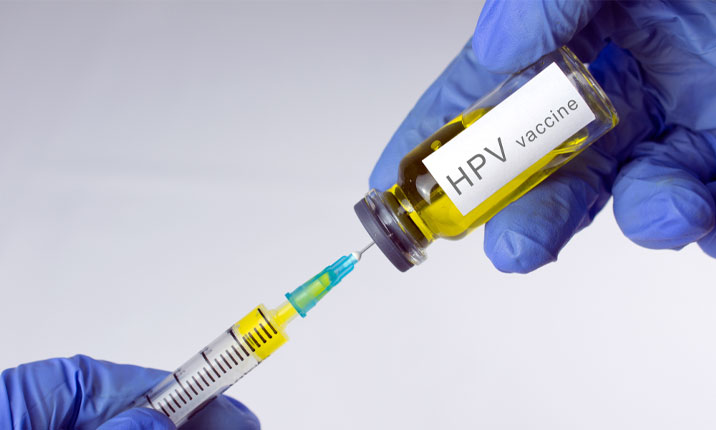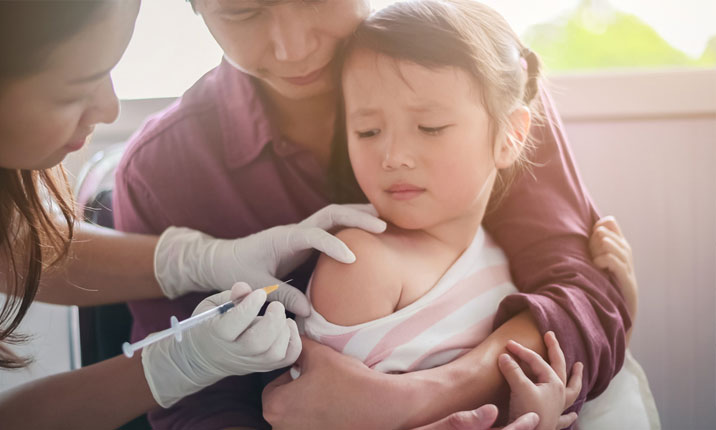
What You Should Know about Vaccines
02 May 2024
Your misconceptions about vaccines may be causing you to miss out on their benefits. In this article, we answer commonly-asked questions about vaccines and talk about the importance of vaccines for people of all ages.
What is a vaccine and how does it work?
Vaccines are a form of medicine that are made up of a virus or pathogen. They do not cause the disease. Instead, they train the body’s immune system to fight a disease before it even encounters it by stimulating an immune response in the body. In doing so, the immune system will recognise the actual virus in the event of an infection and fight off the virus before it causes any symptoms.
This immune response to the vaccine may cause symptoms like fatigue and body aches and in some cases, a mild fever. Most of the time, these symptoms only last for a day or two, and most people recover on their own without any treatment. There is no need to avoid activities like showering or exercise after vaccination.
Isn't it better to develop natural immunity than to get vaccinated?

It is better to prevent the disease through vaccination than to develop natural immunity by catching the actual disease. Some diseases can cause irreversible damage to the organs in the body and can even lead to death. For example, the World Health Organisation estimates that the flu kills 300,00 – 600,000 people globally every year. Specific populations, like the young, the elderly and those with chronic diseases will also find it harder to fight off the flu. Furthermore, falling ill with the flu can lead to debilitating fevers, aches and respiratory symptoms for up to 1 – 2 weeks.
Are vaccines safe?
Vaccines are generally safe. There have been concerns regarding vaccines causing autism. However, studies have proven that vaccines do not cause autism. Autism is a developmental disability caused by biological and genetic factors.
During pregnancy, vaccines containing inactivated (killed) viruses such as the flu vaccine and whooping cough vaccine are generally safe and recommended for pregnant women. Vaccines that use live versions of the virus, such as the chicken pox and Measles, Mumps and Rubella (MMR) vaccines should be avoided.
Can vaccines contribute to herd immunity?
Yes. Herd immunity occurs when enough people have developed immunity to a certain disease such that the virus cannot infect or spread easily within the community, preventing an epidemic. Vaccination helps provide this immunity. If enough people in the community are vaccinated for a particular disease, those who have not developed immunity to the disease are also protected.
Can vaccines prevent cancer?

Yes, vaccines can also prevent cancer. The HPV (Human Papilloma Virus) is the most common cause of cervical cancer in the world. Getting this vaccine prevents cervical cancer caused by HPV infections. Similarly, the Hepatitis B virus is one of the causes of liver cancer. Getting the Hepatitis B vaccine also helps to prevent liver cancer.
During the ongoing COVID-19 pandemic, what vaccines should I get?
While COVID-19 vaccines are still being developed, you should get the flu (also known as the influenza) vaccine yearly. Although the flu vaccine does not vaccinate against the COVID-19 virus, both the flu and COVID-19 viruses cause similar symptoms like fever and cough. If you are vaccinated against the flu, it will be easier for you to receive an accurate diagnosis should you display COVID-19 symptoms.
Why do I need to get the flu vaccine yearly?
You should get a flu vaccine yearly as the flu strains that the vaccine guards against are changed every 6 – 12 months, depending on the prevailing flu viruses in that particular season or year.
Children aged above 6 months can also receive a yearly flu vaccine, as recommended by the Health Promotion Board.
Should children and babies get vaccinated?

Yes, it is recommended for children and infants to be vaccinated against vaccine-preventable diseases that can lead to disability or even death. Immunisation for Diphtheria and Measles is also compulsory by law in Singapore. The Ministry of Health has a recommended immunisation schedule for children that parents can refer to which covers the vaccines children should receive from birth to 11 years.
Did you know?
From 1 Nov 2020, eligible Singaporean children under the age of 18 will no longer need to pay for vaccination for diseases like pneumococcal, influenza and chickenpox, as part of the enhanced subsidies for nationally-recommended vaccines.
Singaporean adults will also benefit from higher subsides of between $35 and $125 for nationally-recommended vaccinations listed on the subsidised vaccine list administered at Community Health Assist Scheme (CHAS) GP clinics and polyclinics.
To find out more what vaccinations you should get and what subsidies are available, speak with your Parkway Shenton doctor.
Article reviewed by Dr Tiffany Yap, family physician at Parkway Shenton, Buangkok
References
Can I have vaccinations when I'm pregnant? (2019, November 12). Retrieved September 08, 2020, from https://www.nhs.uk/conditions/pregnancy-and-baby/vaccinations-pregnant/
Pollard, A. (2019, January 03). What is a vaccine, and how do vaccines work? Retrieved September 08, 2020, from https://vk.ovg.ox.ac.uk/vk/how-do-vaccines-work
Should My Child Get the Flu Shot? (2018, December 5). Retrieved September 08, 2020, from https://www.healthhub.sg/live-healthy/2006/should-my-child-get-flu-shot
Tobah, Y. B. (2020, February 26). Vaccines during pregnancy: Are they safe? Retrieved September 08, 2020, from https://www.mayoclinic.org/healthy-lifestyle/pregnancy-week-by-week/expert-answers/vaccines-during-pregnancy/faq-20057799




